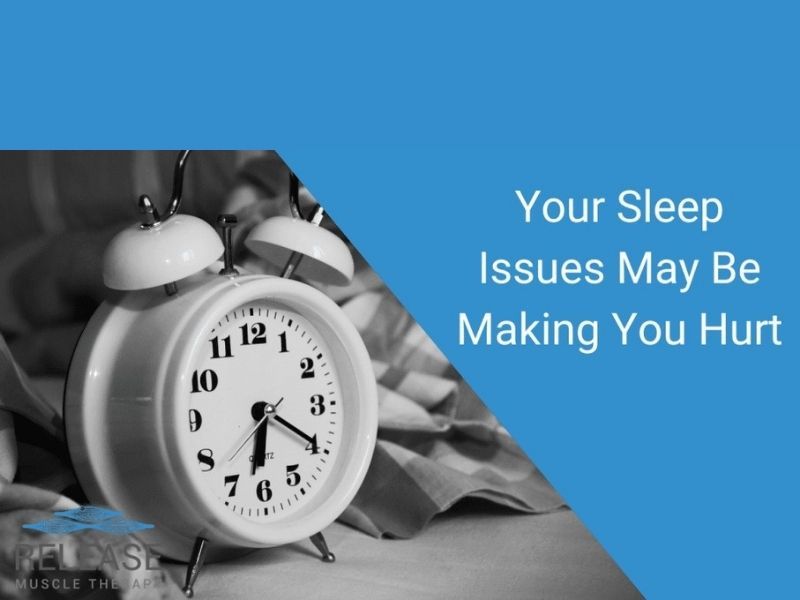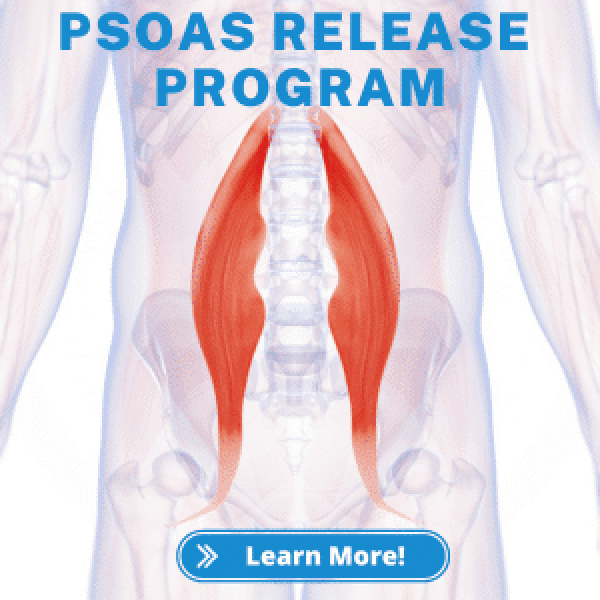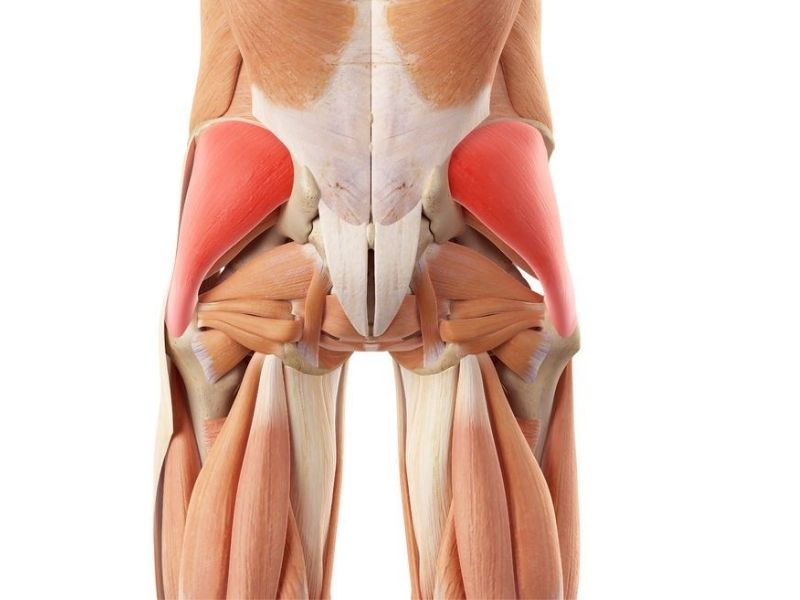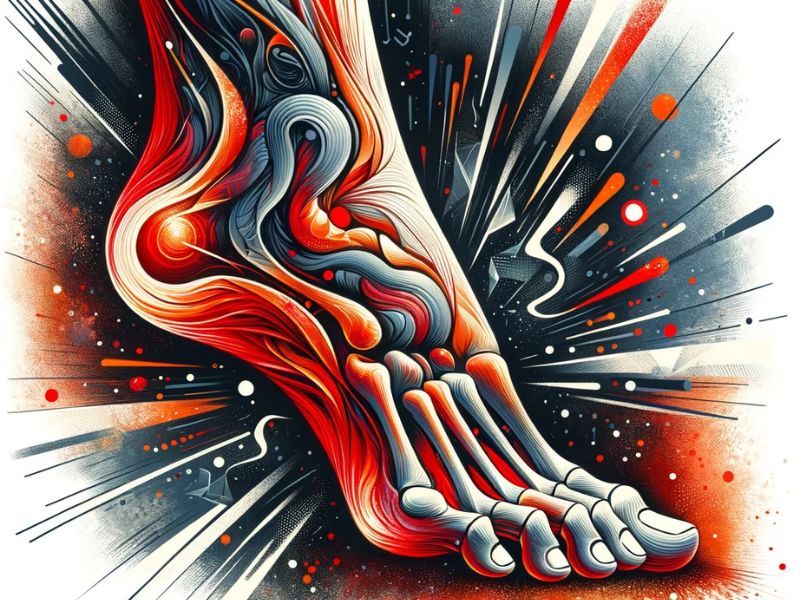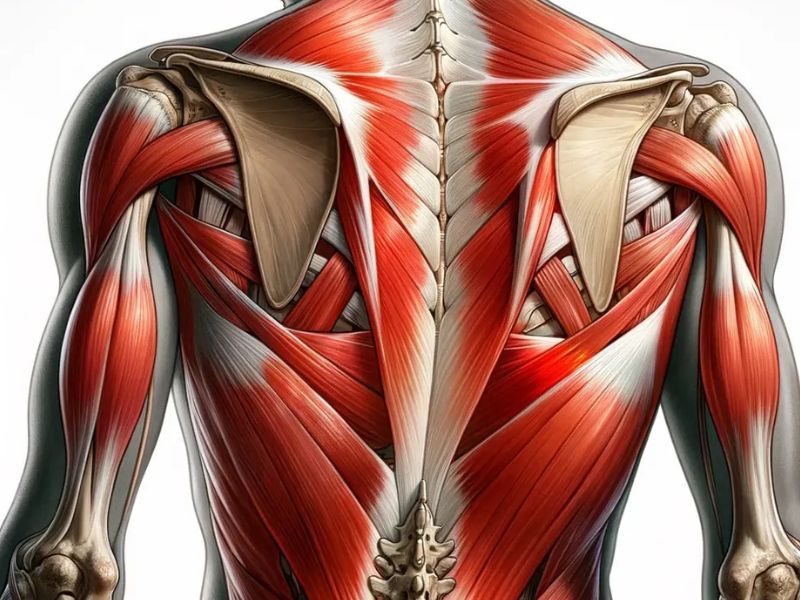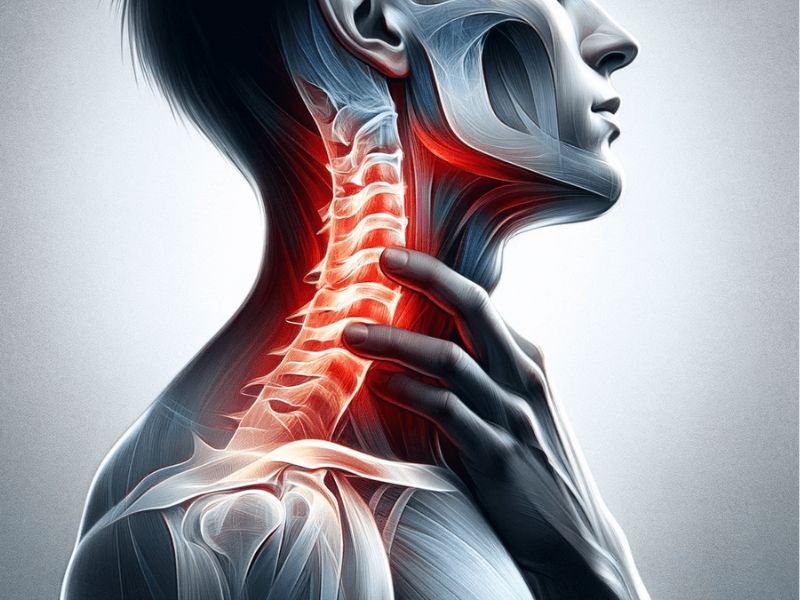Caffeine and Chronic Pain: Are They Linked?

 Caffeine has been a staple in the human diet for generations, and its social and cultural significance far exceeds that of most other psychoactive substances.
Caffeine has been a staple in the human diet for generations, and its social and cultural significance far exceeds that of most other psychoactive substances.
Avid consumers of caffeine report that it keeps them alert, active, and improves their outlook. This, and the fact that caffeine is legal and widely available, makes it into the world’s most widely used drug.
For many individuals, caffeine is part of the daily diet, and in some cases, its consumption may become excessive. For this reason, we need to be aware of the effects of caffeine, and how it may impact people with chronic pain.
How do you take your caffeine?
Caffeine is included in a variety of beverages and foods, but by far the most commonly consumed is coffee, followed closely by sodas, teas, and energy drinks.
What does caffeine DO to the body?
Caffeine exerts various effects on the human body, primarily enhancing alertness and prolonging attention, and it does this through direct stimulation of the central nervous system. This is why a cup of coffee can make it much easier to focus on tasks that are often boring!
The stimulant action of caffeine occurs due to its action as an adenosine antagonist and adenosine receptor agonist. Through this action, it plays a role in the regulation of brain activity as well as the states of wakefulness and sleep.
This has caused many scientists to become interested in the many ways in which caffeine consumption may affect human health. The subject is highly controversial, especially with regard to the relationship that exists between caffeine and chronic pain.
Caffeine is added to pain medications?
Because of all its reported health benefits, caffeine has been added to a variety of drugs over the years.
The primary formulations being aspirin, acetaminophen, and other non-steroidal anti-inflammatory drugs (ibuprofen). Caffeine was likely originally added in order to offset the latent sedative effects of some of these drugs.
However, many now view caffeine as a substance that accelerates, prolongs, or enhances the analgesic effects of these pain relief medications.
How much caffeine is too much?
Before we get into the murky waters of discussing caffeine’s interaction with pain, we need to address the issue of how much caffeine is considered normal vs. excessive.
Due to the rapid and demanding pace of modern life, caffeine consumption is increasing around the world. People of all ages are studying or working more and sleeping less, and caffeine presents an effective alternative to combat the effects of fatigue and exhaustion. Many individuals are actually unaware of the amount of caffeine they consume on a daily basis and often fall into overconsumption.
Given that the Wold Health Organization recognizes caffeine dependence as a clinical disorder, it’s an important question to ask, how much is too much?
For the most part, caffeine’s characteristics make it a substance whose use has a high safety margin. Caffeine absorption after oral administration is rapid and thorough. It is distributed in most body tissues and crosses the blood-brain barrier very easily, which explains its potent stimulant effects.
Most of the world’s health agencies recognize that low to moderate doses of caffeine present with no complications on health.
It is important to note that if consumption of caffeine is done in a self-administered manner (without medical prescription), it is recommended to not exceed a daily dose of 400 mg. To put that into perspective, consider that a 16 oz. cup of Starbucks Blonde roast packs about 360 mg!
Considering how widely available coffee shops are and the social aspects of consuming coffee with co-workers, friends, and family, it’s easy to see how consuming over the recommended daily ceiling of 400 mg is possible.
Excessive caffeine intake and chronic pain
The relationship between caffeine and pain lies a bit on the complicated side and deserves more scrutiny.
Case in point, habitual excessive caffeine consumption has been repeatedly associated with the appearance of headaches. It may also interfere with the analgesic action of some pain-blocking agents, according to recent studies.
Excessive caffeine intake can have the following effects:
- It may decrease the pain threshold and increase susceptibility to pain by activating the stress response.
- It may cause muscle spasms, muscle twitching, and muscle tension, all of which are clinically significant components in individuals with chronic pain.
- It can generate physical dependence, which can manifest as a withdrawal syndrome if intake is abruptly stopped.
- Additionally, there is a psychological component that needs to be addressed. Caffeine in excess can increase anxiety in even healthy individuals. Since people dealing with chronic pain are often already experiencing increased levels of anxiety, stress, and anger, caffeine may very well increase pain by increasing the person’s susceptibility and awareness of it.
The chronic effects of caffeine intake are based on an up-regulation of certain types of receptors (adenosine) as well as their hypersensitivity. Thus, caffeine has the ability to make chronic pain worse. For some individuals, too much caffeine (or any at all for some people) may be a recipe for disaster.
The caffeine and headache connection
Of particular note is the relationship between caffeine intake and the development of medication overuse headaches.
Headaches caused by the excessive use of pain relievers is a type of chronic headache, which occurs in susceptible individuals. It’s considered a serious condition and now stands as the third most common type of chronic headaches around the world.
Therefore, when caffeine is consumed excessively for ongoing periods of time, it may very well induce distinct neurological changes that increase cortical hyperexcitability and promote the rapid release of certain neuropeptides, which can trigger or exacerbate the chronicity of pain.
Caffeine, sleep and chronic pain
The majority of studies agree that not having enough sleep or having poor quality of sleep predisposes people to chronic pain, increases the severity of the symptoms, and the recurrence of the attacks because it is associated with hyperalgesic changes. In other words, when you don’t sleep properly, your body starts feeling pain differently.
It’s well known that excess caffeine intake, or consuming it too late in the day can negatively impact one’s ability to get to sleep. This reduces total sleep time, thus increasing the likelihood of creating more problems with pain sensitivity.
The verdict:
Caffeine has both pluses and minuses, and as with most things, it’s not absolutely good or bad, but needs to be evaluated in the case of the individual.
When caffeine is consumed in the form of coffee in particular, there are many additional potential benefits which need to be considered as well. Maybe some decaf instead of full strength!
References:
Sawynok, J. (2011). Caffeine and pain. Pain, 152(4), 726-729.
McPartland, J. M., & Mitchell, J. A. (1997). Caffeine and chronic back pain. Archives of physical medicine and rehabilitation, 78(1), 61-63.
Sam Visnic
I’ve spent my life studying the fundamental aspects of human health with a focus on movement and clinical massage therapy. In a world of specialists, surgical procedures, drugs and quick fix remedies, I’m committed to finding and developing strategies that help people stuck at the “gap”. Over the last 20 years I’ve studied dozens of systems and methodologies for uncovering the root cause of aches and pains, along with postural and movement issues. Pain science, the art and science of hands-on soft tissue massage techniques, myofascial release, and coaching movement is essential in my practice. Integrating different methods but above all deciphering WHEN to use different techniques with different people and situations, along with integration of movements that people want to be able to do again is the key to long term success with my incredible track record with clients. Understanding the various elements that contribute to conditions and the power of communication and education makes my Release Muscle Therapy program separate from other hands-on therapy approaches.
Blogs You May Be Interested In
Categories
-
Deep Gluteal Pain Syndrome
-
Deltoids
-
Fallbrook
-
Foam Rolling
-
Glutes
-
Hamstrings
-
Hypnosis For Pain
-
Lats
-
Levator Scapulae
-
Lifestyle
-
Massage Therapy
-
Mobility
-
Movement and Exercise
-
Murrieta
-
Muscles
-
Nutrition
-
Obliques
-
Pain
-
Pectorals
-
Piriformis
-
Plantar Fasciitis
-
Product Review
-
Psoas
-
Quadratus Lumborum
-
Quadriceps
-
Rhomboids
-
Serratus Anterior
-
SI Joint
-
Sternocleidomastoid
-
Stretching
-
Subscapularis
-
Temecula
-
TMJ
-
Trapezius
-
Uncategorized


